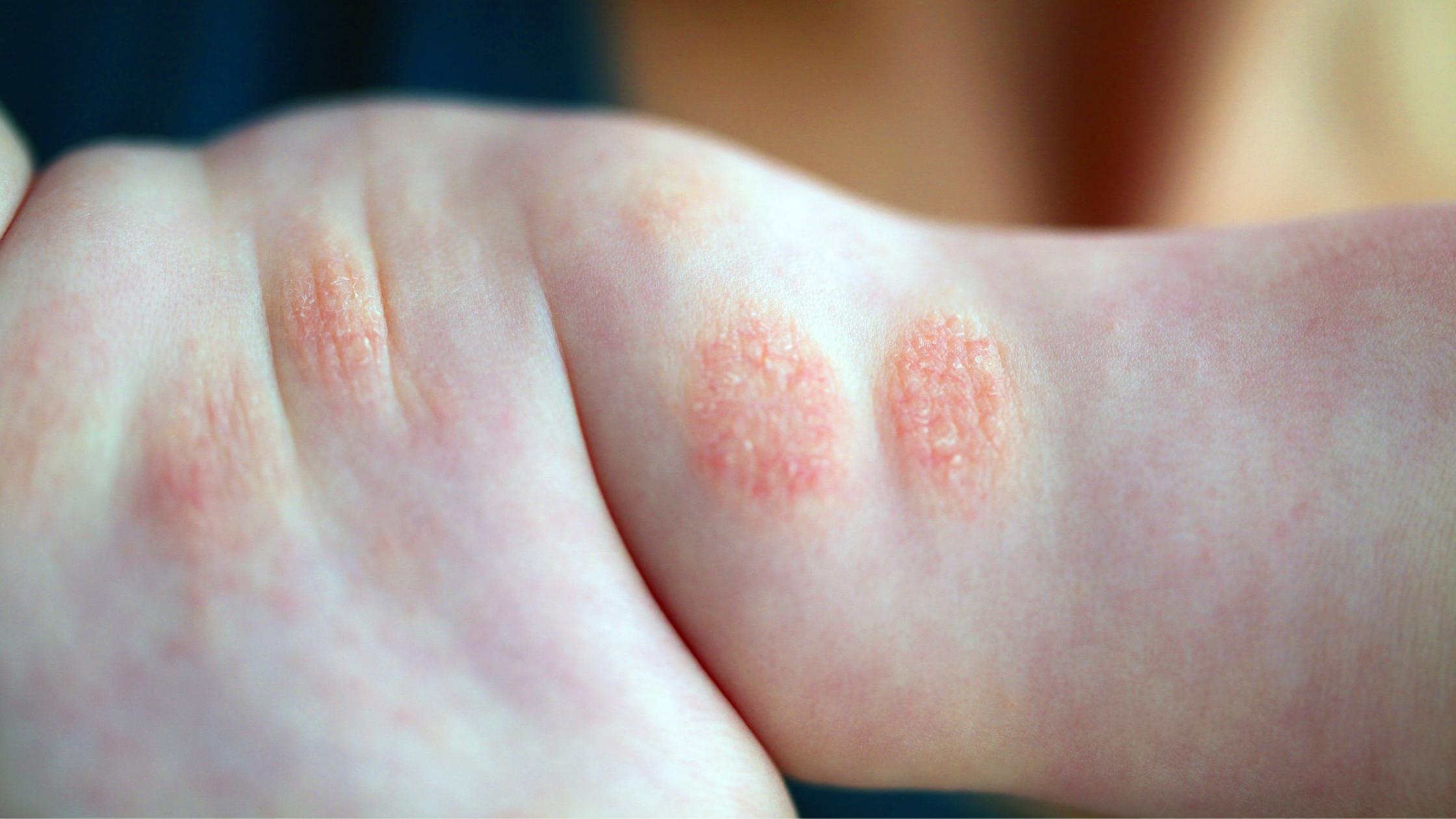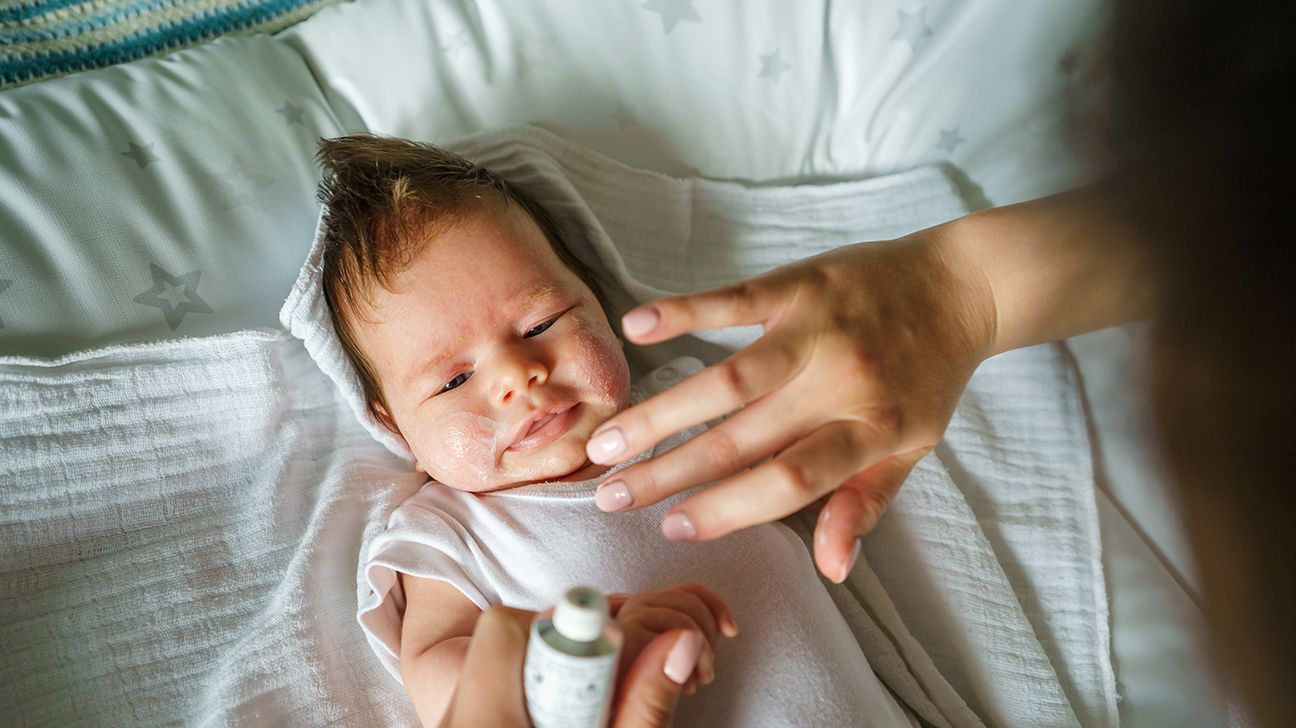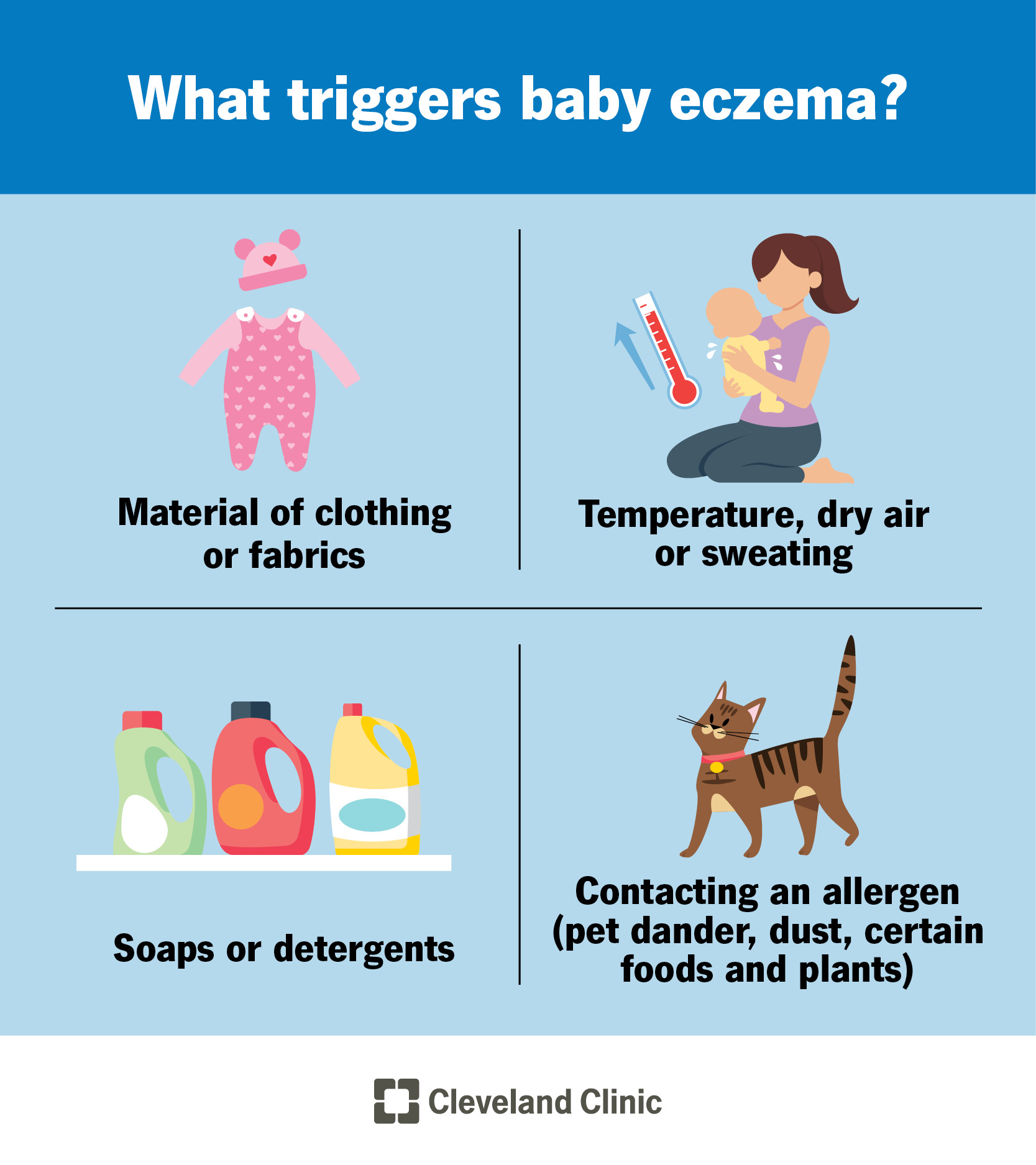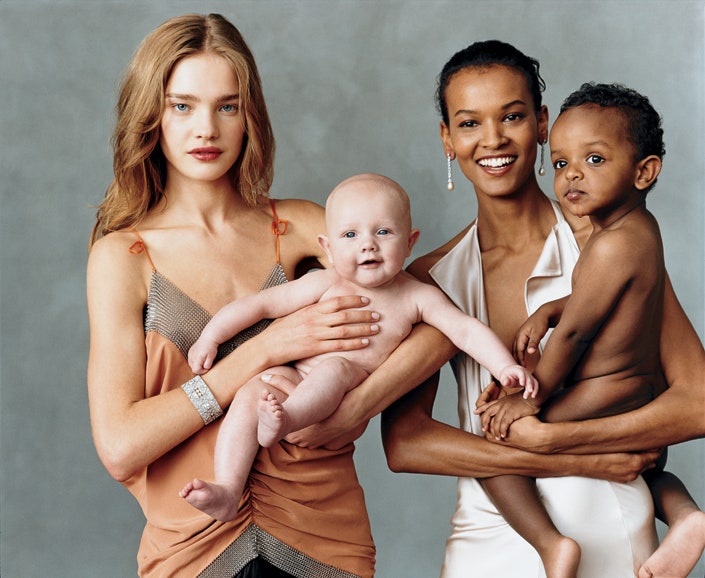Many babies outgrow eczema by age two. Some children may continue to have symptoms into adulthood.
Eczema is a common skin condition in infants, causing red, itchy patches. While many babies outgrow eczema by age two, some may continue to experience symptoms into adulthood. Eczema can be triggered by various factors, including allergens, irritants, and weather changes.
Proper skincare and avoiding known triggers can help manage symptoms. Parents should consult a pediatrician for personalized advice and treatment options. Early intervention and consistent care can significantly improve the quality of life for children with eczema. Understanding the condition helps parents provide the best care for their baby’s sensitive skin.

Credit: www.itchybabyco.com.au
Eczema In Infants
Eczema, also known as atopic dermatitis, often affects infants. It can cause red, itchy patches on your baby’s skin. Parents often worry and want to know if their baby will outgrow eczema. Understanding the symptoms, causes, and triggers can help manage this condition better.
Common Symptoms
Recognizing eczema in infants can be challenging. Here are some common symptoms:
- Red, itchy skin patches
- Dry and scaly skin
- Swollen and irritated skin
- Crusty or oozing areas
These symptoms often appear on the face, scalp, and extremities. They can cause a lot of discomfort for your baby.
Causes And Triggers
The exact cause of eczema is unknown. But several factors can trigger it:
| Causes | Triggers |
|---|---|
| Genetics | Allergens |
| Immune system issues | Heat and sweat |
| Environmental factors | Harsh soaps |
Genetics play a significant role. If parents have eczema, the baby is more likely to develop it. Immune system issues can also contribute to eczema. Environmental factors, like pollution, might worsen the condition.
Common triggers include allergens such as dust mites and pet dander. Heat and sweat can irritate the skin. Using harsh soaps and detergents may also trigger eczema flare-ups.
When To Expect Improvements
Eczema can be a troubling condition for both parents and babies. Many parents often wonder: “Will my baby outgrow eczema?” Understanding when to expect improvements can provide some peace of mind. Let’s explore the different milestones and factors that affect eczema’s progression.
Age Milestones
Babies often show signs of eczema in the first six months. By the age of 2, many children see significant improvements. 50% of babies outgrow eczema by age 5. Teens and adults can also see changes in their skin condition.
| Age | Improvement Percentage |
|---|---|
| By Age 2 | 30% |
| By Age 5 | 50% |
| Teen Years | 70% |
Individual Variability
Each baby is unique, and their experience with eczema will differ. Genetics play a significant role. If parents had eczema, the baby might have it too. Environmental factors can also impact eczema. Dry climates and allergens can worsen the condition.
- Genetics
- Environmental factors
- Skin care routine
- Diet
Some children might outgrow eczema faster with proper skin care and avoiding triggers. Tracking your baby’s skin condition can help identify patterns and improvements.
Daily Care Tips
Managing your baby’s eczema can be challenging. But with the right care, you can soothe their skin and reduce flare-ups. Here are some daily care tips to help you.
Bathing Techniques
- Use lukewarm water for baths, not hot water.
- Limit bath time to 10-15 minutes to avoid drying the skin.
- Add a gentle, fragrance-free cleanser to the water.
- Pat your baby’s skin dry with a soft towel.
- Apply moisturizer immediately after bathing to lock in moisture.
Moisturizing Best Practices
Keeping your baby’s skin moisturized is crucial for managing eczema. Here’s how you can do it effectively:
- Choose a thick, fragrance-free cream or ointment.
- Apply moisturizer at least twice a day, or more if needed.
- Use a humidifier in your baby’s room to keep the air moist.
- Wear cotton clothing to reduce skin irritation.
- Avoid harsh soaps and detergents that can irritate the skin.
Follow these steps to help your baby outgrow eczema sooner. Consistency is key in managing eczema effectively.

Credit: www.healthline.com
Diet And Eczema
Many parents wonder if their baby’s diet affects eczema. While diet isn’t the sole cause, it can influence flare-ups. Knowing which foods to avoid and which provide nutritional support can help manage eczema symptoms.
Foods To Avoid
Certain foods might trigger eczema flare-ups in babies. It’s essential to identify and avoid these triggers.
- Dairy products: Milk, cheese, and yogurt can be common allergens.
- Eggs: Some babies react to proteins in egg whites.
- Nuts: Peanuts and tree nuts can cause allergic reactions.
- Gluten: Wheat and barley might trigger eczema in some babies.
- Soy: Soybeans and soy products can be problematic.
- Citrus fruits: Oranges, lemons, and grapefruits might irritate the skin.
Nutritional Support
Providing your baby with the right nutrients is crucial for managing eczema. Focus on anti-inflammatory foods and vitamins.
- Omega-3 fatty acids: Found in fish, flaxseeds, and walnuts.
- Vitamin D: Helps improve skin health. Natural sources include sunlight and fortified foods.
- Probiotics: Yogurt with live cultures can support gut health.
- Fruits and vegetables: Rich in vitamins and minerals. Opt for less acidic options like apples, carrots, and leafy greens.
Here’s a quick reference table for foods that can help manage eczema:
| Beneficial Foods | Reason |
|---|---|
| Fish | Rich in Omega-3 fatty acids |
| Flaxseeds | High in anti-inflammatory properties |
| Leafy greens | Full of essential vitamins |
| Yogurt | Contains probiotics for gut health |
| Apples | Low in acidity and good for skin |
Medical Treatments
Managing eczema in babies can be challenging. Medical treatments often help reduce symptoms and improve skin health. Knowing the right treatment can make a big difference. Here are some effective medical treatments for baby eczema.
Topical Solutions
Topical solutions are commonly used to treat baby eczema. These include various creams and ointments designed to soothe the skin. Below are some of the most popular options:
- Moisturizers: Regular use of moisturizers helps keep the skin hydrated.
- Hydrocortisone Cream: This mild steroid cream reduces inflammation and itching.
- Barrier Creams: These creams form a protective layer on the skin to lock in moisture.
Applying these solutions consistently can alleviate many symptoms of eczema.
Prescription Medications
In some cases, over-the-counter solutions may not be enough. Doctors may prescribe stronger medications. These include:
- Topical Steroids: Stronger than over-the-counter hydrocortisone. These are used for severe eczema.
- Oral Antihistamines: These help control itching and improve sleep quality.
- Topical Calcineurin Inhibitors: These are non-steroid creams that reduce inflammation.
Always consult with a healthcare provider before starting any new treatment. Prescription medications should be used as directed by a doctor.
Natural Remedies
Parents often wonder if their baby will outgrow eczema. While some children do, others need ongoing care. Natural remedies can help manage symptoms and provide relief. This section explores herbal options and home care strategies.
Herbal Options
Herbal remedies can soothe baby eczema. Here are some effective options:
- Aloe Vera: Aloe vera gel can calm irritated skin.
- Chamomile: Chamomile tea can reduce inflammation when applied to the skin.
- Coconut Oil: Coconut oil can moisturize dry, eczema-prone skin.
- Calendula: Calendula cream can promote healing and reduce itching.
Home Care Strategies
Home care strategies can make a big difference in managing eczema. Consider these tips:
- Moisturize Daily: Use fragrance-free moisturizers twice a day.
- Lukewarm Baths: Use lukewarm water for baths, not hot water.
- Use Mild Soaps: Opt for mild, fragrance-free soaps.
- Soft Clothing: Dress your baby in soft, breathable fabrics.
- Keep Nails Short: Trim your baby’s nails to prevent scratching.
Consistency is key. Regularly following these strategies can help manage your baby’s eczema.
When To Consult A Doctor
Eczema is a common condition in babies. It often causes discomfort and concern for parents. Many babies outgrow eczema with age. However, some signs indicate the need for medical advice. Knowing when to consult a doctor ensures your baby receives the best care.
Warning Signs
- Severe Itching: If your baby scratches often, consult a doctor.
- Oozing or Crusting: These symptoms may indicate an infection.
- Rapid Spread: Eczema spreading quickly needs medical attention.
- Sleep Disturbance: Eczema affecting sleep is a serious concern.
- Persistent Symptoms: If home treatments fail, see a doctor.
Choosing A Specialist
Consulting the right specialist is crucial. Here are types of doctors who can help:
| Specialist | Role |
|---|---|
| Pediatrician | Handles general health and common skin issues in babies. |
| Dermatologist | Expert in skin conditions, including severe eczema. |
| Allergist | Focuses on allergies that may trigger eczema. |
Ensure the specialist is experienced in treating babies. Ask for recommendations from your primary care provider.
Parental Support
Dealing with a baby’s eczema can be challenging for any parent. Providing parental support is crucial. It helps both the child and the parent cope with the condition. Understanding various coping strategies and community resources can ease the journey.
Coping Strategies
Parents need effective coping strategies to manage their baby’s eczema. Here are some helpful tips:
- Maintain a regular skincare routine.
- Use gentle, fragrance-free products.
- Keep the baby’s nails trimmed short.
- Dress the baby in soft, breathable fabrics.
- Monitor and manage potential triggers.
Community Resources
Connecting with community resources can offer additional support. Here are some valuable options:
| Resource | Details |
|---|---|
| Support Groups | Join local or online support groups for parents. |
| Healthcare Providers | Consult with pediatric dermatologists and specialists. |
| Educational Workshops | Attend workshops on managing and understanding eczema. |

Credit: my.clevelandclinic.org
Frequently Asked Questions
What Age Does Baby Eczema Clear Up?
Baby eczema often clears up by age 4 to 5. Some children may outgrow it earlier, others later.
What Percentage Of Babies Outgrow Eczema?
Around 60% of babies outgrow eczema by age 2. About 80-90% improve by adolescence.
Did I Cause My Baby To Have Eczema?
No, you didn’t cause your baby to have eczema. Genetics and environmental factors typically contribute to its development.
How To Cure Eczema Permanently In Babies?
There is no permanent cure for eczema in babies. Manage symptoms with moisturizers, gentle cleansers, and prescribed medications.
Can Babies Outgrow Eczema?
Yes, many babies outgrow eczema by age 4.
Conclusion
Eczema in babies can be a challenging journey for parents. Many children do outgrow it as they age. Keep monitoring their condition and consult with healthcare professionals. Proper skincare routines and early intervention can help manage symptoms. Stay hopeful and proactive, and your baby may eventually outgrow eczema.

